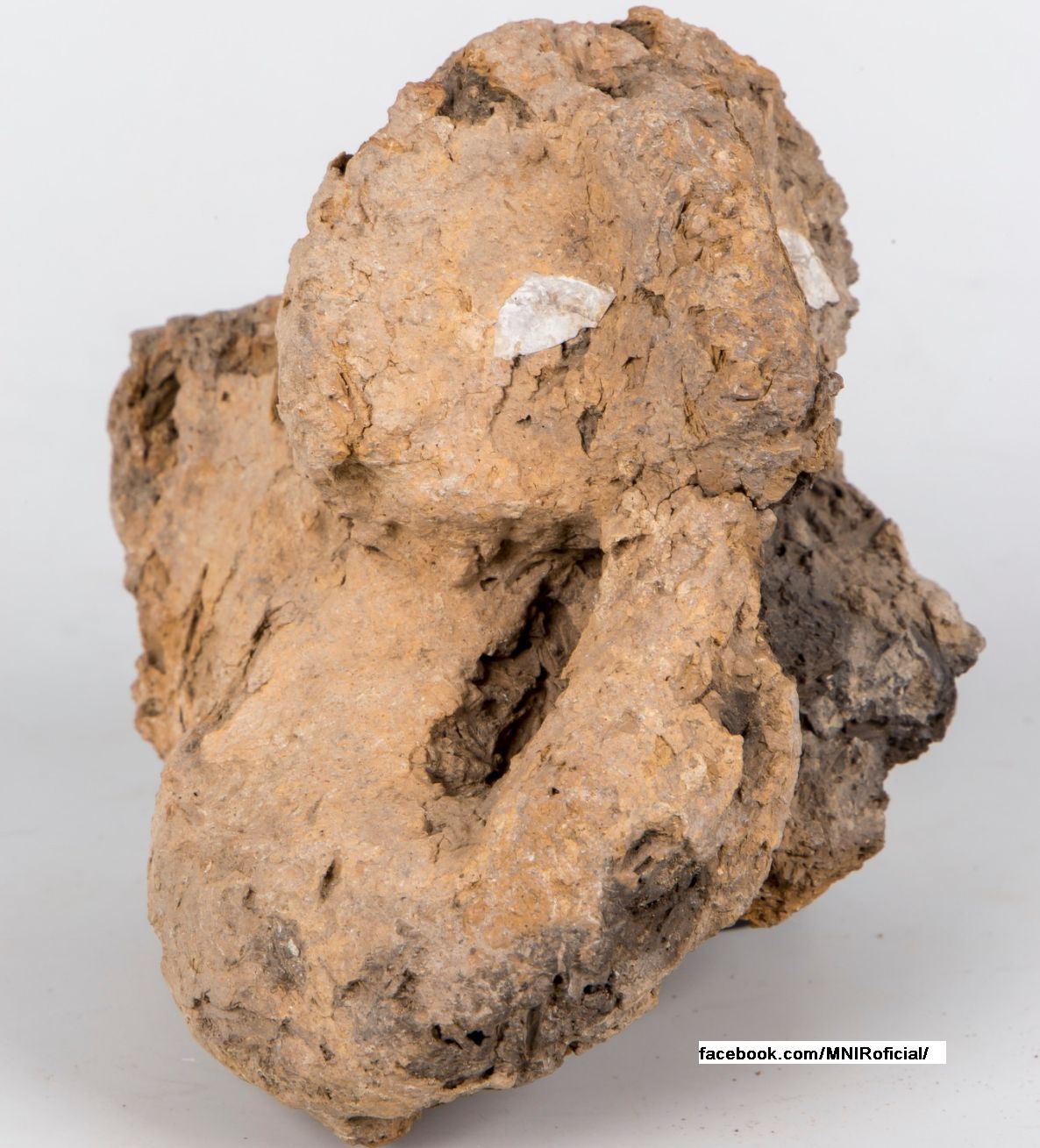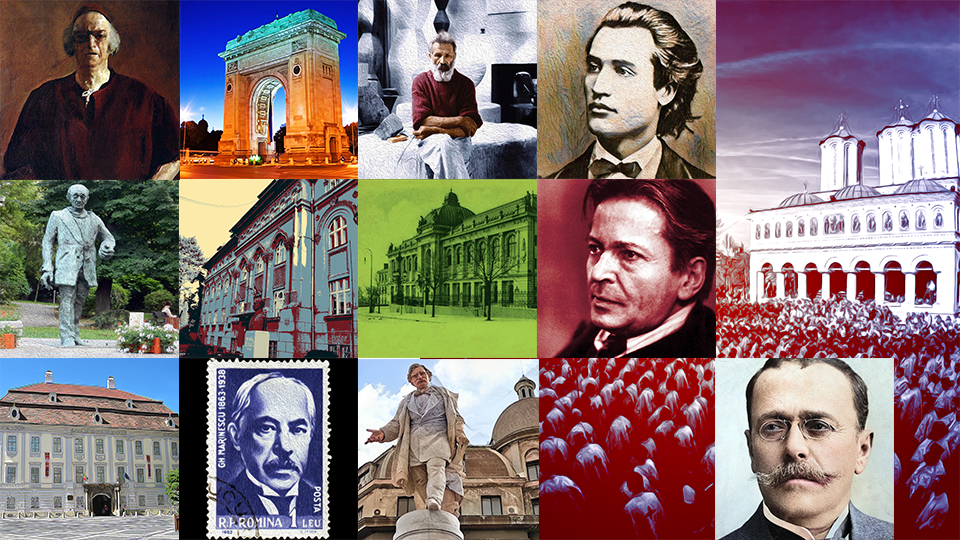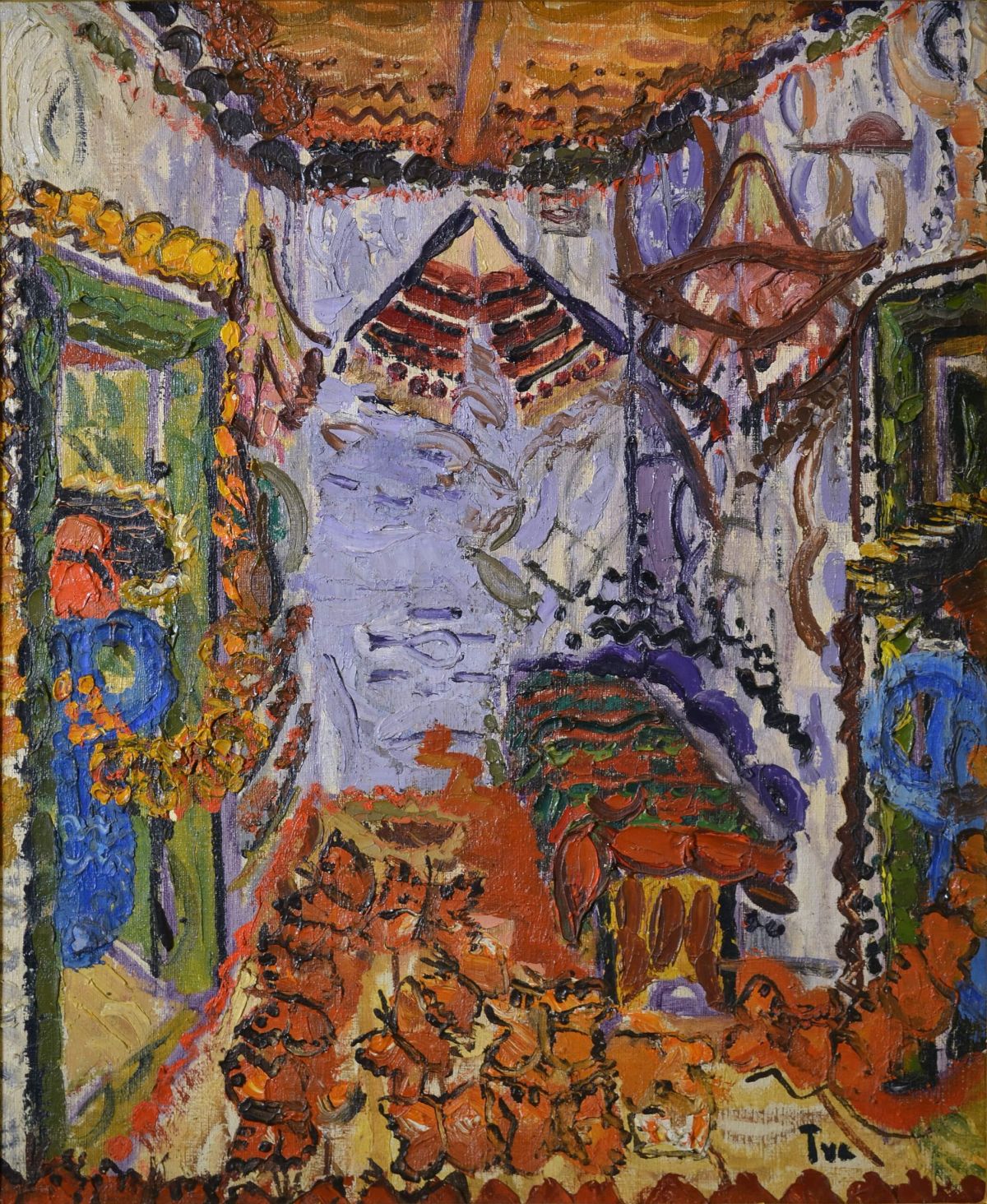Sabina Brătianu-Cantacuzino
Ion C. Bratianu, dubbed the most important Romanian politician of the 19th century, fathered a big family. The Bratianus gave Romania the second generation of exceptional politicians, who would make the family much bigger after 1918, after he and his brother had laid its foundation.

România Internațional, 17.03.2022, 21:47
Ion C. Bratianu, dubbed the most important Romanian politician of the 19th century, fathered a big family. The Bratianus gave Romania the second generation of exceptional politicians, who would make the family much bigger after 1918, after he and his brother had laid its foundation.
Ion C. Bratianu and his wife Pia had 8 children: Florica, Sabina, Ion, Constantin, Vintilă, Maria, Tatiana and Pia. The second-born, Sabina, was the most influential member of the family, who would be listened to even by her powerful brother, Ionel Bratianu, the most important Romanian politician of the second half of the 20th century. Known as the Bratianus’ big sister, Sabina, turned Cantacuzino by marriage, was a woman of deep intellectual interests and also a social activist.
She was born in 1863 in Florica, at the family residence in Arges County, 90 km west of Bucharest. She attended the Sfantu Sava High School in Bucharest and in 1885, a few years after graduation, she got married to doctor Constantin Cantacuzino. As she would later confess in her memoirs, her father had chosen her future husband. As a married woman she pursued her passions. She wrote poems, she loved music, and was very attached to theatre, which was something quite new in the Romanian space. Also, she gathered an impressive collection of paintings and traditional art objects.
Sabina Cantacuzino helped set up arts institutions such as the Toma Stelian Arts Museum, named after a famous lawyer, who also served as minister of justice, and who was a notorious art lover. She also helped establish the Universitatea Libera (Free University) Cultural Association, which organised many conferences and concerts. After her death, according to her will, her home in Bucharest was turned into the headquarters of an academic foundation.
Everybody who knew Sabina Cantacuzino would speak of her kindness and the serene environment her mere presence would create around. Diplomat Alexandru Danielopol was so close to the family that he was actually perceived as one of its members. His father was very close to Ionel Bratianu and he would spend a lot of time at the Bratieni property and in their home. In 1995, in an interview for the Center of Oral History of the Romanian Radio Broadcasting Corporation, Danielopol recalled the universe of Sabina Cantacuzino’s family, her special presence and the strong influence she had on everyone around her.
I hail from the Brătianu family and I’m proud of it! I was raised in the spirit of the Brătianus, and the head of this family was not Ionel Brătianu, but Sabina Cantacuzino. She was the eldest of Ion Brătianu’s children, and a highly intelligent and also very authoritarian woman. What she said carried a lot of weight, everyone pretty much followed her lead. She used to host these big luncheons twice a year and Ionel Brătianu always made sure he attended, no matter how busy he was. She used to serve this sweet dessert, kataifi, which she made herself, and which was really special. I looked for this recipe all over Europe, everywhere, in Greece and Turkey, but I never again ate kataifi the way she made it. Sadly, it never occurred to me to ask her for the recipe. And the recipe was gone with her, no one has it anymore.
Sabina Cantacuzino was also an active supporter of social causes. She was involved in the organisation of establishments for children and the sick, such as a children’s home where the teaching was based on the system invented by the physician and pedagogue Maria Montessori at the end of the 19th century. She was the president of the Association for the Prevention of Tuberculosis and in 1914 proposed the creation of a special hospital for those suffering from this disease.
During WWI, she was on the board of a hospital in Bucharest. In December 1916, as Romania entered the war alongside Great Britain, France and Russia, she stayed in Bucharest, which was occupied by the German army, refusing to flee to Iași. Given that she was the sister of Ionel Brătianu, a Romanian politician who opposed Germany and had been responsible for Romania’s joining the war on the side of the Entente, Sabina Cantacuzino was eventually detained by the Germans in 1917, being held at Pasărea monastery, east of Bucharest.
Despite her imprisonment, she retained her optimism and confidence that Romania would overcome the difficult situation arising from the end of Russia’s participation in the war following the Russian Revolution. When the war ended, Sabina Cantacuzino joined the efforts to consolidate Greater Romania. She authored two books of memoirs which begin in 1921, with the 100th anniversary of the birth of her illustrious father. She died on 23rd August 1944 in Bucharest, aged 81, on the very day that Romania withdrew from its alliance with Nazi Germany.





























